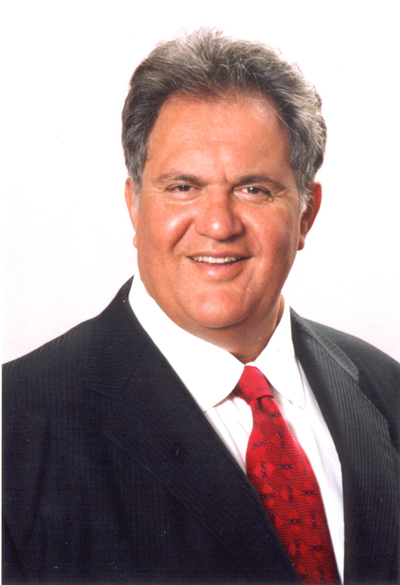November 29 2013
FREE — Saeed Abedini is seen when he visited Washington. Now the Senate has passed a resolution calling for his release from Evin prison.
The US Senate unanimously passed a resolution last week calling for the release of American Pastor Saeed Abedini, who has been imprisoned in Iran, as well as all others “detained on account of their religious beliefs.”
The resolution, which is merely a statement of opinion and does not convey any legal power, states:
“Resolved, that the Senate—(1) recognizes that freedom of religious belief and practice is a universal human right and a fundamental freedom of every individual, regardless of race, sex, country, creed, or nationality, and should never be arbitrarily abridged by any government; (2) recognizes that governments have a responsibility to protect the fundamental rights of their citizens; and (3) calls on the Government of Iran to immediately release Saeed Abedini and all other individuals detained on account of their religious beliefs.”
The resolution was introduced by Republican Senator James Risch of Idaho, where Abedini had a church before his arrest and where his wife, Naghmeh, and their two children live.
A similar resolution is pending in the House and is expected to be voted on shortly.
The easy passage reflects the desire of members of Congress to stand clearly for religious freedom. Over the years, for example, many resolutions have been passed deploring the Islamic Republic’s treatment of Baha’is. Much attention has focused over the years on members of Congress who support the Mojahedin-e Khalq, but that support isn’t extensive enough to get resolutions of support approved by such margins.
Abedini is a convert from Islam. In 2005, he moved to the United States with his wife and children to find religious freedom. Last fall, he traveled back to Iran to help build an orphanage and visit his parents. He was about to return to the States when he was taken into custody.
He was reportedly charged with threatening the national security of Iran, and attempting to turn youth away from Islam and toward Christianity. He was sentenced to eight years.
Earlier this month, the American Center for Law and Justice (ACLJ), an American Evangelical Christian group that has been fighting for Abedini’s freedom, reported that Abedini was in more trouble.
“The ACLJ has confirmed through Pastor Saeed’s family members in Iran that he has been moved from Evin Prison in Tehran to Rajai Shahr Prison in Karaj—an even more dangerous prison where he faces life-threatening conditions and treatment,” ACLJ Executive Director Jordan Sekulow wrote on the organization’s website.
“In light of his recent transfer to Rajai Shahr Prison—an extremely deadly prison where prisoner-on-prisoner violence leads to the murder of many inmates—it is more critical now than ever to voice our support for Pastor Saeed,” he said. “The US government must not let this US citizen be forgotten. Iranian authorities may have sent him away to disappear, but we will not be silent.”
In the meantime, the organization is asking supporters to sign a petition to President Obama to work harder to help secure the release of Pastor Abedini. The Evangelical movement is generally aligned with Republicans and has frequently complained that Obama doesn’t do enough on behalf of Abedini.
When Obama spoke with President Rohani in September, the White House said he cited by name all three Americans caught in Iran and pleaded for their release.
The ACLJ also said Abedini’s father tried to visit his son in Rajai Shahr Prison earlier this month, but the father was turned away and told his son could not have personal belongings in the prison—including medications. Later, however, the father was allowed to visit his son.























